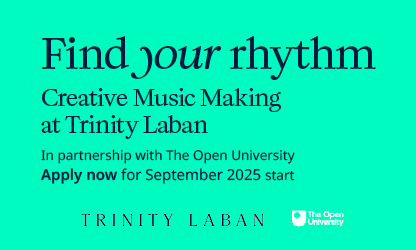PRS versus PPL
When your music group performs you may need a PRS for Music licence. Some groups may also need a PPL licence if they use recorded music, such as backing tracks. Understanding the difference between these two licences ensures your group stays compliant and pays the correct fees.
PRS for Music vs PPL: Key differences
Both PRS for Music and PPL ensure that musicians and music creators receive fair payment for their work, but they cover different rights:
| Licence | What it covers | Who it pays | When you need it |
| PRS for Music | The rights of composers, songwriters, and publishers | Songwriters, composers, and music publishers | When live music is performed in public |
| PPL | The rights of performers and record labels on recorded music | Recording artists and record labels | When recorded music is played publicly as part of a performance (e.g., backing tracks) |
What this means for your music group
- When your group performs, you likely need a PRS for Music licence.
- If your group uses recorded music as part of a performance (e.g., backing tracks or background music in the interval), you may also need a PPL licence.
- If your concert features only live music, then PPL is not required.
Do leisure-time music groups need a PRS or PPL licence?
Making Music members typically perform live music, meaning they would usually require a PRS for Music licence.
However, some groups use recorded backing tracks, which may require a PPL licence in addition to PRS.
Venue licences and exemptions
Before applying for a licence, check with your venue:
- Some venues already hold PRS and PPL licences – This might cover your event.
- Churches and community halls may have exemptions – PRS and PPL rules differ depending on the type of venue.
- Your venue may be signed up with The Music Licence (which combines PRS and PPL), meaning you may already be covered.
Ensuring full compliance
To make sure your group has the correct licences:
- Identify how you use music – Live performance? Backing tracks?
- Check your venue’s licences – Some venues cover PRS and/or PPL fees. These are typically passed on to groups, sometimes with an administration fee added.
- Get the correct licence(s) if needed – If your event isn’t covered by a venue licence, your group may need to apply directly.
- Report your performances – PRS may require setlists to distribute royalties accurately.
Further information
- PRS overview
- Do I need a PRS licence?
- How to pay PRS (available to Making Music members)
We hope you find this Making Music resource useful. If you have any comments or suggestions about the guidance please contact us. Whilst every effort is made to ensure that the content of this guidance is accurate and up to date, Making Music do not warrant, nor accept any liability or responsibility for the completeness or accuracy of the content, or for any loss which may arise from reliance on the information contained in it.



